Search results for: “Search”
-
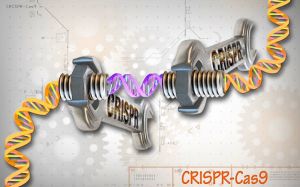
New GMOs are ‘not GM’ – EU folds under US pressure
by Oliver Tickell (the Ecologist) The EU Commission has caved in to US pressure in TTIP trade talks by deciding to consider organisms modified by new ‘gene editing’ techniques as non-GM – in violation of the EU’s own laws. The move could make the ‘new GMOs’ exempt from labeling and from health and environmental testing. […]
-
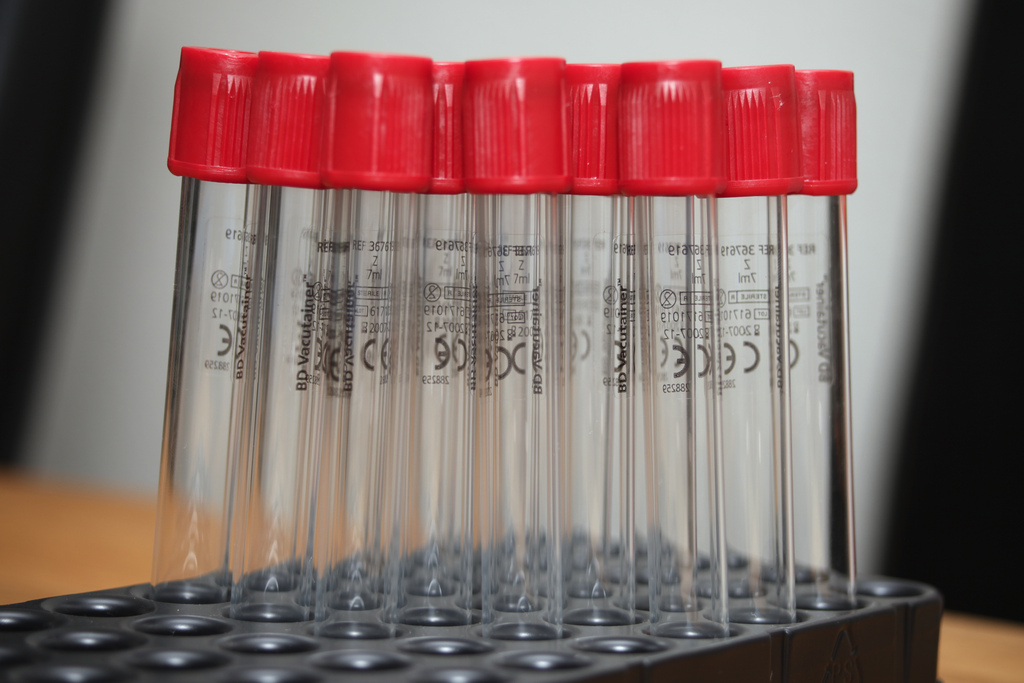
From rogue scientists to DIY biohackers: real threats to ecosystems are not being taken seriously
This spring could see new synbio techniques literally hitting the streets, with DIY biohacking kits going on sale. These promise you the ability to make yeast turn red. More significantly, other biohackers are planning to post synbio glow-in-the-dark plants to enthusiasts throughout the US. Whilst these biohacking gimmicks may sound perfectly innocuous, they are potentially […]
-
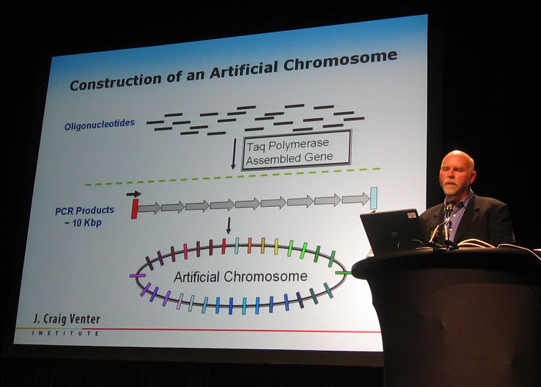
Craig Venter Lays an Easter Egg
Six Years in the Making, “Synthia” is Resurrected Synthetic Biology, according to its proponents, is moving at five times the pace of Moore’s law – basically doubling its capabilities and halving its costs every four months. Except that brash billionaire Craig Venter, often dubbed Bioscience’s Bad Boy, is no Gordon Moore. Venter has just announced […]
-

Biofuel or Biofraud? The Vast Taxpayer Cost of Failed Cellulosic and Algal Biofuels
by Almuth Ernsting (Independent Science News) Biofuels consumed today are usually ethanol made from the sugar in sugar cane (or sugar beet) or they may be made from starch in grains. In the US this is mostly corn starch. Alternatively, biodiesel may be made from plant oils such as soybean or canola oil. Cellulosic biofuels, […]
-
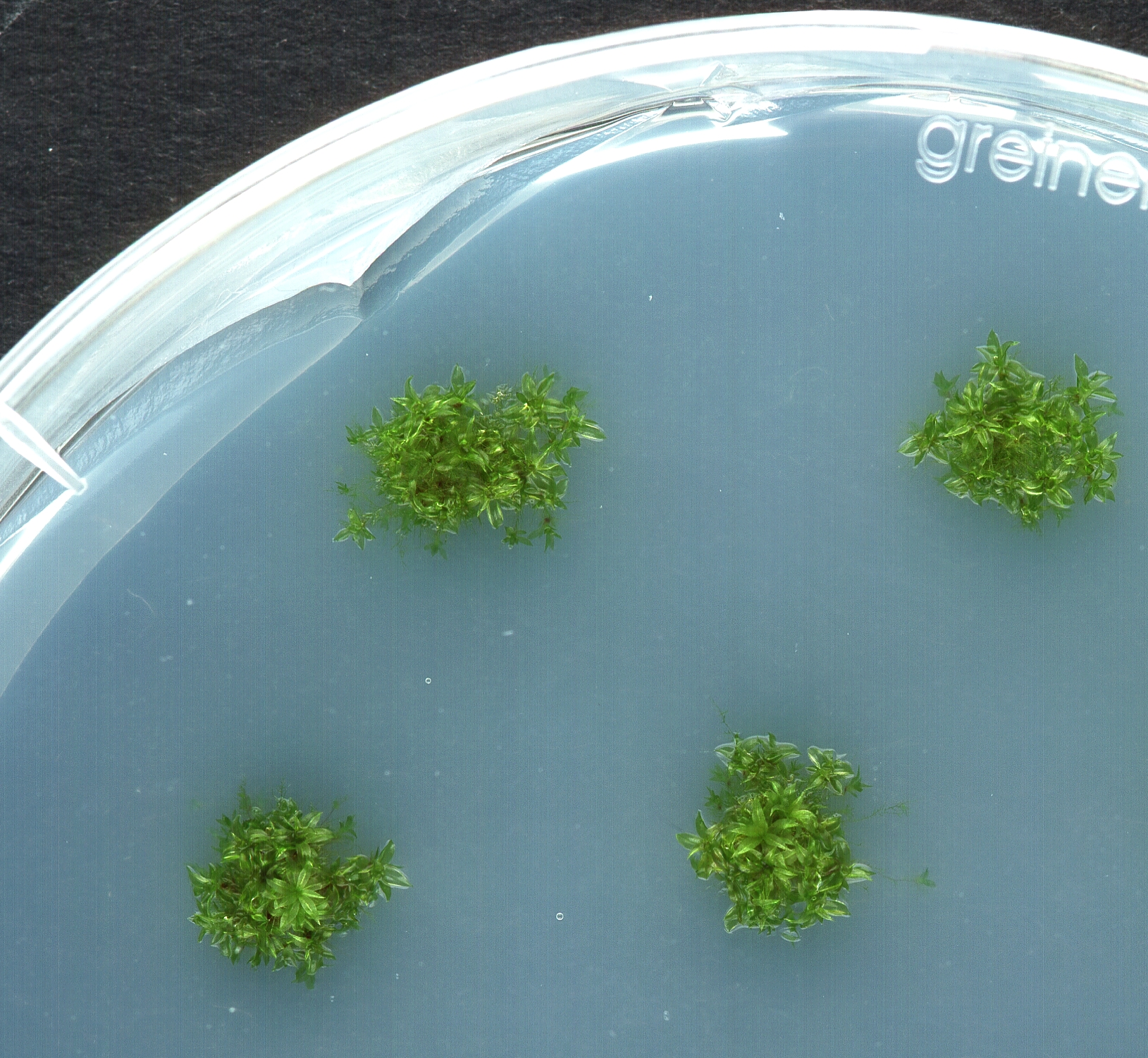
‘Rogue scientists’ could exploit gene editing technology – or are they already?
An article in The Guardian (copied below) describes how a senior geneticist and a bioethicist is in agreement with a US security chief that gene-editing presents a serious risk to national security, equivalent to North Korea’s WMDs. Whilst the focus is on accidentally (or deliberately) releasing viruses, or the inevitability of “designer babies”, the researchers […]
-

Sino-Genta?
by ETC Group And soon there will be three. Joy of six heads towards a “ménage à trois” For more background, see ETC Group’s recent report: Breaking Bad: Big Ag Mega-Mergers in Play [i] For a decade, six multinationals have controlled 75% of the world’s high-tech seeds and pesticides businesses. Late last year, Dow and DuPont agreed to merge and now state-owned ChemChina is […]
-
Brussels biotech lobby’s last push for ‘GM 2.0’ technologies to escape regulation
by Nina Holland (The Ecologist) Biotech corporations have invested billions in a range of new ‘GM 2.0’ technologies designed to redesign the world’s germplasm and create new generations of super-GMOs, writes Nina Holland. And powerful investors have no intention of letting tedious EU regulations get in the way of the profits they are now poised […]
-

New GM food could end up on your plate untested and unlabelled
by franziska achterberg (Greenpeace EU Unit) After two decades of commercial use, Europeans still can’t stomach genetically modified (GM) food. But their producers may have found a way to bypass public opposition and safety regulation. A new range of GM plants and animals could soon end up on the dinner table without any testing or labelling, […]
-
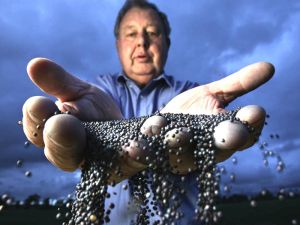
GM 2.0? ‘Gene-editing’ produces GMOs that must be regulated as GMOs
This is an important article about the battle to ensure that gene-editing is treated under GM regulations in the EU. It’s relevant to synbio as many of the new “breeding techniques” under consideration by the EU – such as the genome editing described in the article below – are increasingly seen as common practices within […]
-
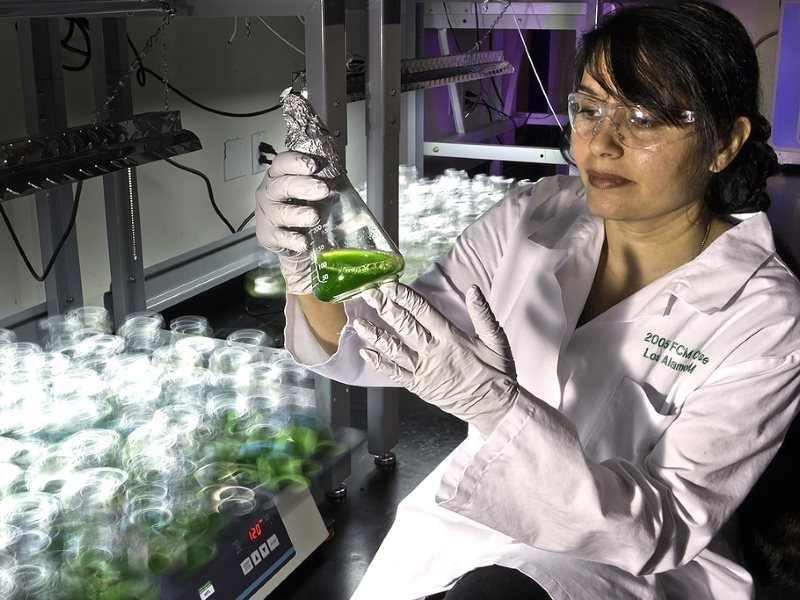
Re-engineering life? The dangers of ‘next generation’ biofuels
by Almuth Ernsting, Ecologist The biofuels of the future will depend on microbes, writes Almuth Ernsting: algae to produce the biomass, and fungi or bacteria to break cellulose down into useful molecules. Just one problem: wild strains aren’t up to the job. So scientists are trying to genetically engineer supercharged ‘synthetic biology’ variants – which […]